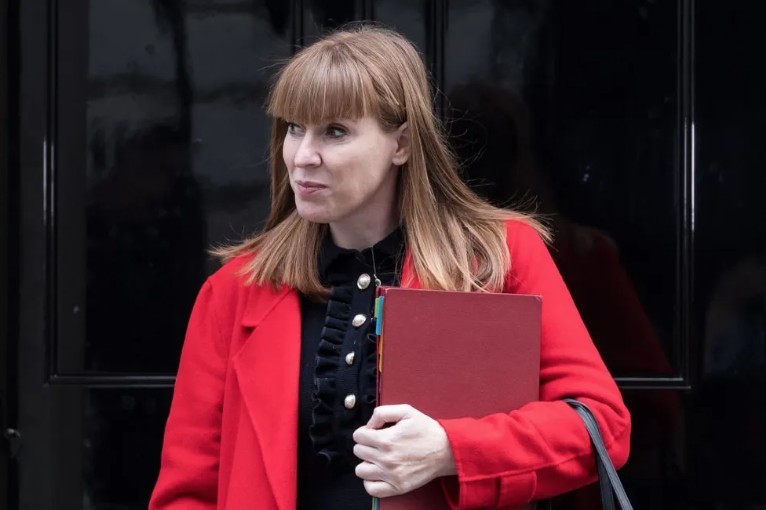Sarosh Mustafa

London: Angela Rayner’s dramatic resignation on 5 September 2025 has sent shockwaves through British politics, leaving the Labour government facing its biggest crisis since coming to power.
Once hailed as the embodiment of working-class resilience—rising from care worker to Deputy Prime Minister—Rayner stepped down after an ethics inquiry found she breached the ministerial code by underpaying nearly £40,000 in stamp duty on a property purchase. Though she admitted the oversight and stressed it was unintentional, the inquiry concluded that she failed to meet the standards expected of a senior minister.
The Ethics Ruling
Sir Laurie Magnus, the independent ethics adviser, stated that Rayner had “acted with integrity” but showed poor judgment by neglecting to seek specialist tax advice. The error was not linked to corruption or profiteering, yet its political weight proved career-ending.
Why Starmer Couldn’t Save Her
Prime Minister Keir Starmer had little choice but to accept Rayner’s resignation. Labour came to power promising integrity and accountability after years of Tory scandals. Defending Rayner could have been seen as hypocrisy, undermining Starmer’s authority and credibility.
Cabinet Reshuffle Under Pressure
Rayner’s departure forced Starmer into a rapid cabinet reshuffle to prevent instability:
- David Lammy was promoted to Deputy PM and Justice Secretary.
- Yvette Cooper moved to Foreign Secretary.
- Shabana Mahmood became Home Secretary.
- Steve Reed took over as Housing Secretary.
The reshuffle was designed to project stability but also revealed the fragility of Labour’s governing coalition.
Loss Beyond Politics
Rayner’s resignation is a symbolic blow. Her working-class roots, northern accent, and plain-spoken style gave Labour a rare authenticity in Westminster politics. Her absence highlights the party’s internal divides—between Starmer’s modernising technocrats and the grassroots, soft-left traditions Rayner embodied.
A Turning Point for Labour
With a £40 billion budget shortfall, growing pressure from Reform UK, and the deputy leadership now vacant, Labour faces a moment of reckoning. Rayner’s downfall is not just a technical breach but a test of Labour’s unity, credibility, and ability to hold the trust of voters.
Conclusion
Angela Rayner’s resignation marks more than the end of a political career. It reflects the unforgiving nature of political accountability and the precarious balance between integrity and pragmatism in government. For Labour, it is both a warning and a crossroads: how it responds may define its future.























